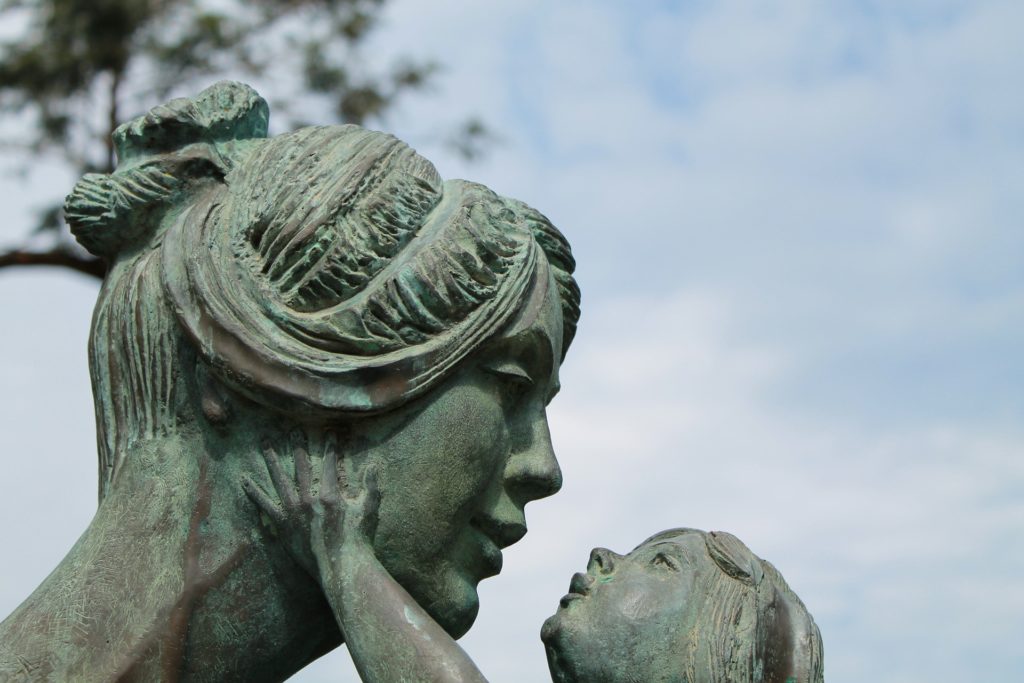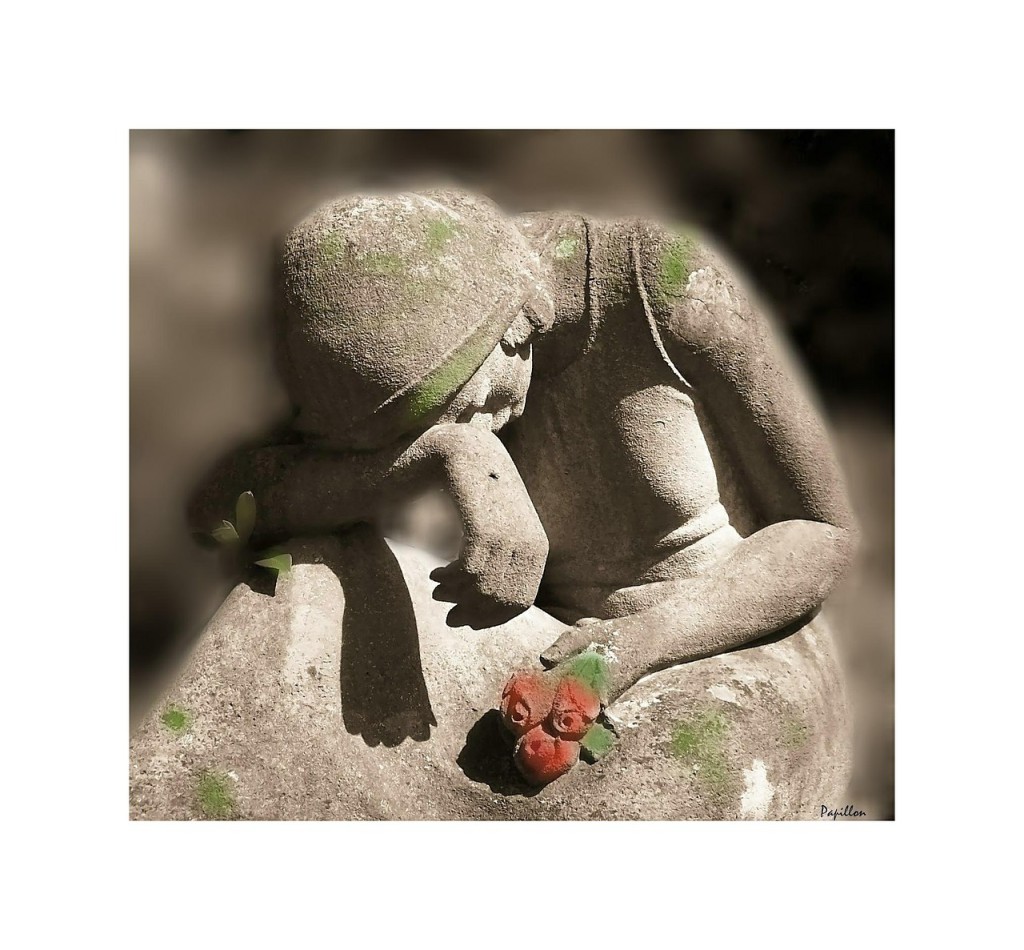by Alison Ward

Women often tell me they are not leaders. Yet, they influence their children every day, They help them to make decisions, they assist children to change their minds when they say, “I can’t do this”, and in a hundred small ways they are persuading and guiding their children every day.
Yet, these same women believe they are not leaders.
What is leadership? It is influence, it’s the power of persuasion; it’s the art of inspiring a group to function towards achieving a common goal.
Knowing how children want to go their own way, this is a delicate art indeed.
No home, no organisation, no church can run leaderless for very long.
Someone said to me a little while ago that we don’t need a leader if everyone knows their job in the organisation. I disagreed. My answer was that every ship needs a captain.
Hubby took me on a Mediterranean cruise a few years ago, it was a life long dream to see parts of Europe. I must declare, I was happy there was a captain of the large, 15 story passenger liner.
The captain had to make sure that ship entered and left each port safely. He was responsible for every one of the 2500 people on board. He had to set the course and dynamically be aware of obstacles to avoid collisions.
In fact, not long after our cruise, another passenger liner scared every person on board by ripping the side of the ship along the dock of one of those old European sea ports. The captain had failed to steer the ship safely into port, causing danger to everyone on board and harm to the port of call and those on the quay side.
We need leaders, those who will lead their families, businesses, churches, communities and society in general.
So, what does a leader look like?
- A leader is self aware. The success story for a leader is a person who has nurtured emotional intelligence traits in their own life. The number one trait of emotional intelligence is self awareness, according to many who have written on the subject. This sets you apart by the fact that you know yourself better than others know you. You know your strengths, you know your potential, you know your weaknesses (what sets you off), you know when you are in your zone (the space where you work the best and are the most clear headed). I see many professionals who do not value or embody this trait and it breeds a sense of entitlement in these men and women. You may be very clever, highly prized for your expertise, but just hopeless at knowing yourself and therefore stunted as a leader.
- A leader is brave. Courage is a requirement for any leader. This is the quality of being prepared to act when others don’t or won’t. You act even though you are scared. You are scared, but you still act. Do you hear that sound? It’s my heart beating so loudly in my chest because even though I am slaying giants, I am still scared. Think of people who have pioneered lands, missions, new ventures. Think of people who have righted wrongs in society. What made them do it, when it could have been a thousand other people? They were prepared to act when others didn’t. There’s a price to pay for being brave. You may be criticised for acting a different way to everyone else, but let’s face it, no one ever changed our world by maintaining the status quo.
- A leader is human. You give yourself permission to fail, to be human or to be weak at times. It’s what you do with that weakness that counts. Let it be lesson to others. Go back to those you failed and apologise. Repent, say you are sorry and make it a lesson for all involved. The reason I say this is such an important trait in a leader, is that I have seen so many leaders over 40 odd years of church leadership who practice hubris; a pompous attitude when they fail. If you are truly a leader you are a servant, as Jesus said he was. You have no rights to pride or arrogance. You only have the right to turn your failures and weaknesses into lessons for others. And what wonderful lessons they can be.
You are a leader if you have influence. Use your influence wisely. You are not perfect, but someone needs you to lead them.









